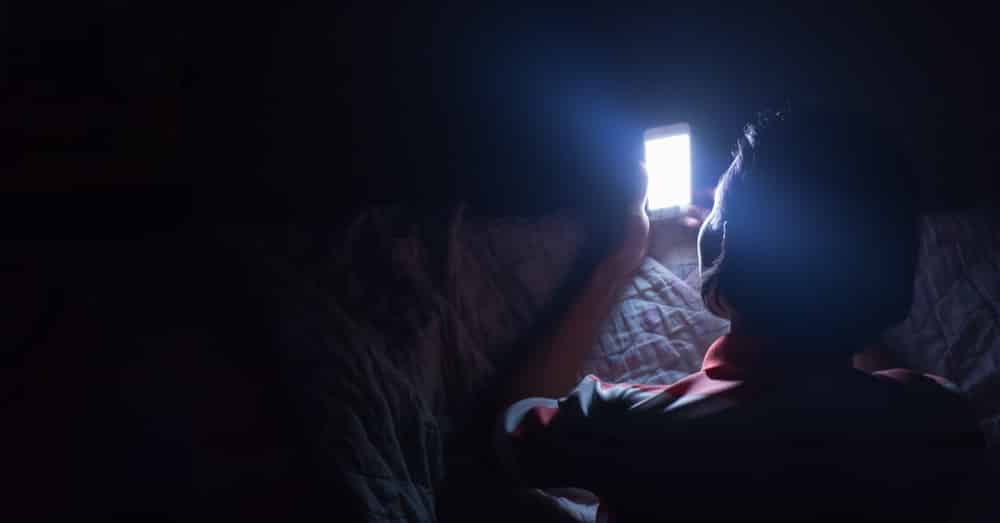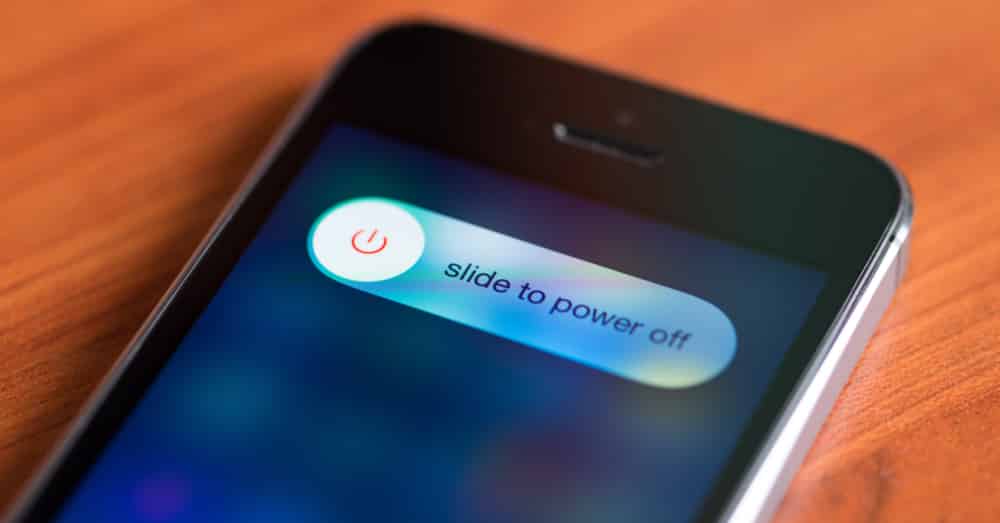Most of us like to spend a few minutes on our phone or tablet before we go to sleep. According to a poll conducted by the National Sleep Foundation, 90% of respondents used a light-emitting phone or tablet within one hour of sleep.
However, sending that final text or finishing the next level of Candy Crush may be affecting sleep.
Recent studies have explored the negative effect of nighttime phone use on teen sleep patterns. Now, a new study published in Physiological Reports looks at how the devices (specifically the light they emit) may stop people from getting deep, healthy sleep.
Screen Time Before Bed
In the study, nine subjects in their 20s stayed in a sleep lab for five consecutive nights. The subjects were able to use their phones or tablets to check email, watch videos, or surf the internet. They could go to bed when they wished but had a set wake-up time that was established by researchers.
These technology-filled nights were compared with nights in which the subjects read printed materials, such as books or magazines.
RELATED: Even Bedroom Light May Contribute to Depression in Older Adults, Study Finds
Disturbing Our Sleep
On the nights when they used light-emitting technology before bed, the study found that subjects saw their sleep affected in a variety of ways:
- On average, subjects went to sleep half an hour later.
- Subjects’ melatonin levels were suppressed. Melatonin is a chemical made by the pineal gland that helps maintain our sleep-wake cycles. The secretion of melatonin was also delayed.
- The onset of sleep was delayed.
- Subjects stated they felt more awake before sleep and less alert an hour after waking.
In the published study, the authors compared the effects of jet lag. “In the evening hours around bedtime, light exposure suppresses melatonin secretion and causes a phase delay shift in circadian rhythm timing such that melatonin secretion is reset to begin at a later time on subsequent nights.”
RELATED: Natural Remedies That Can Help You Sleep
What Should We Do With Our Devices?
While the obvious conclusion may be that we shut off our devices before bed, study author Jeanne Duffy has some additional ideas. She is a neuroscientist at Brigham and Women’s Hospital and an associate professor of medicine at the Harvard Medical School.
She told U.S. News and World Report, “Turning down the screen brightness ought to help, but we don’t know how much,” she said. “Using a program to change the screen output or using a filter may help, but again we don’t know how much. And spending a lot of time outdoors during the day should help, but it has to be the day you’re using the screen in bed, not the day after.”
There is more research to be done, but the study should make us think twice before we turn on that phone or tablet right before bed.
[Editor’s Note: The information provided should not be considered a substitute for professional medical advice. Please consult a medical expert if questions related to one’s own health come up.]
Featured Image: Gap_Abstracture/Shutterstock


